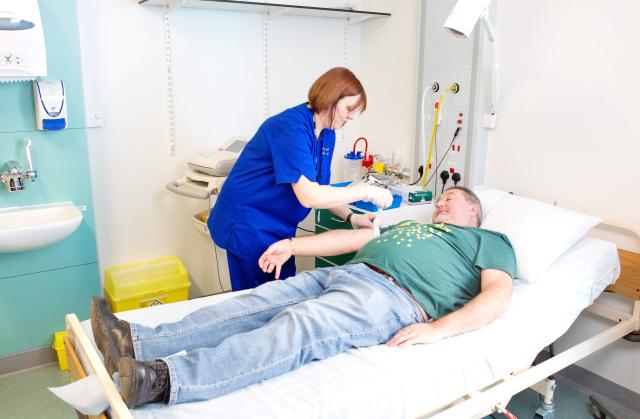
Welsh-led study into out-of-hospital cardiac arrest published in NEJM
An international trial involving patients with coma after out-of-hospital cardiac arrest, led by Welsh researchers in the UK has revealed that a strategy targeting mild hypercapnia (an excess of carbon dioxide in the blood) for 24 hours did not improve neurologic outcomes at six months as compared with targeted normocapnia (the presence of the normal amount of carbon dioxide in arterial blood).
According to British Heart Foundation Cymru, there are around 2,800 out-of-hospital cardiac arrests in Wales each year. Existing guidelines recommend normocapnia for adults with coma who are resuscitated after out-of-hospital cardiac arrest. However, it is suggested that mild hypercapnia increases cerebral blood flow and may improve neurologic outcomes.
The large-scale randomised controlled trial recruited 1,700 patients in 17 countries, with 847 patients assigned to targeted mild hypercapnia and 853 to targeted normocapnia. The critical care research team at the University Hospital of Wales (UHW) is leading the trial for the UK.
The trial assigned adults with coma who had been resuscitated after out-of-hospital cardiac arrest to either mild hypercapnia or normocapnia for 24 hours. Researchers found that targeted mild hypercapnia did not improve neurologic outcomes at six months, the risk of death within six months, the distribution of scores for functional outcome or health-related quality of life.
Jade Cole, Critical Care Research and Development Lead at University Hospital of Wales said: “This is a landmark international randomised controlled trial which will influence how patients who have suffered an out-of-hospital cardiac arrest are treated worldwide.
It is the third trial conducted on out-of-hospital cardiac arrests that our team has led for the UK. This is a huge achievement for critical care research in Wales.”
The results of the trial have recently been published in the New England Journal of Medicine (NEJM). It is the fifth trial led by the UHW research team that has resulted in publication in NEJM.